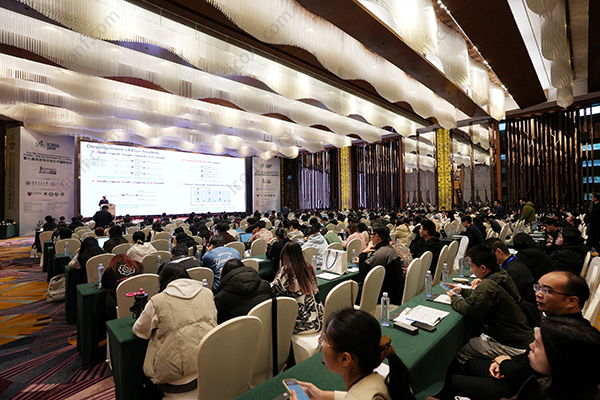

108 views||Release time: May 12, 2025
Conference proceedings compile the latest research presented at academic and industry gatherings, offering a snapshot of cutting-edge developments before they appear in journals. Whether you’re a seasoned researcher or emerging scholar, understanding how to leverage proceedings can accelerate your work and enhance your visibility.

Conference proceedings are collections of papers, abstracts, and posters presented at a specific conference. They typically include:
Full Papers: Peer-reviewed manuscripts detailing new research.
Short Papers/Abstracts: Concise summaries of work in progress.
Poster Summaries: Visual snapshots accompanied by brief descriptions.
Panel and Workshop Reports: Overviews of interactive sessions.
Unlike journal articles, proceedings capture real-time trends and foster rapid dissemination of ideas.
First-Look at Emerging Research
Proceedings often publish months before journal issues, giving you early access to novel methods, datasets, and applications.
Enhanced Citation Opportunities
Citing relevant proceedings can strengthen your own literature review and position you within active research conversations.
Networking and Collaboration
Presenting in proceedings opens doors to meet conference attendees, secure feedback, and form partnerships for grant proposals or joint publications.
Relevance: Select conferences whose themes align closely with your topic.
Indexing: Prioritize events whose proceedings appear in major databases (e.g., IEEE Xplore, ACM Digital Library).
Review Rigor: Look for peer-review policies to ensure high quality.
Visibility: Consider conferences with strong attendance and international reach.
Follow the Template Exactly
Download the official proceedings template (LaTeX or Word) and adhere to margin, font, and section guidelines.
Write a Clear Abstract
In 150–200 words, outline your problem, approach, and key findings to grab reviewers’ attention.
Include High-Quality Figures
Use clear, well-labeled graphs or diagrams to illustrate results—readers often skim visuals first.
Proofread Thoroughly
Check for consistency in terminology, correct citations, and error-free text. Peer feedback can catch oversights.
Submit Early
Aim to upload your final draft at least a week before the deadline to avoid last-minute technical issues.
Centralized Listings: Browse upcoming calls for papers across hundreds of conferences in one dashboard.
Custom Alerts: Receive reminders for submission deadlines based on your research interests.
Template Library: Access official proceedings templates, checklists, and best-practice guides.
Sign up at iConf.com to manage all your conference proceedings submissions from planning through publication.